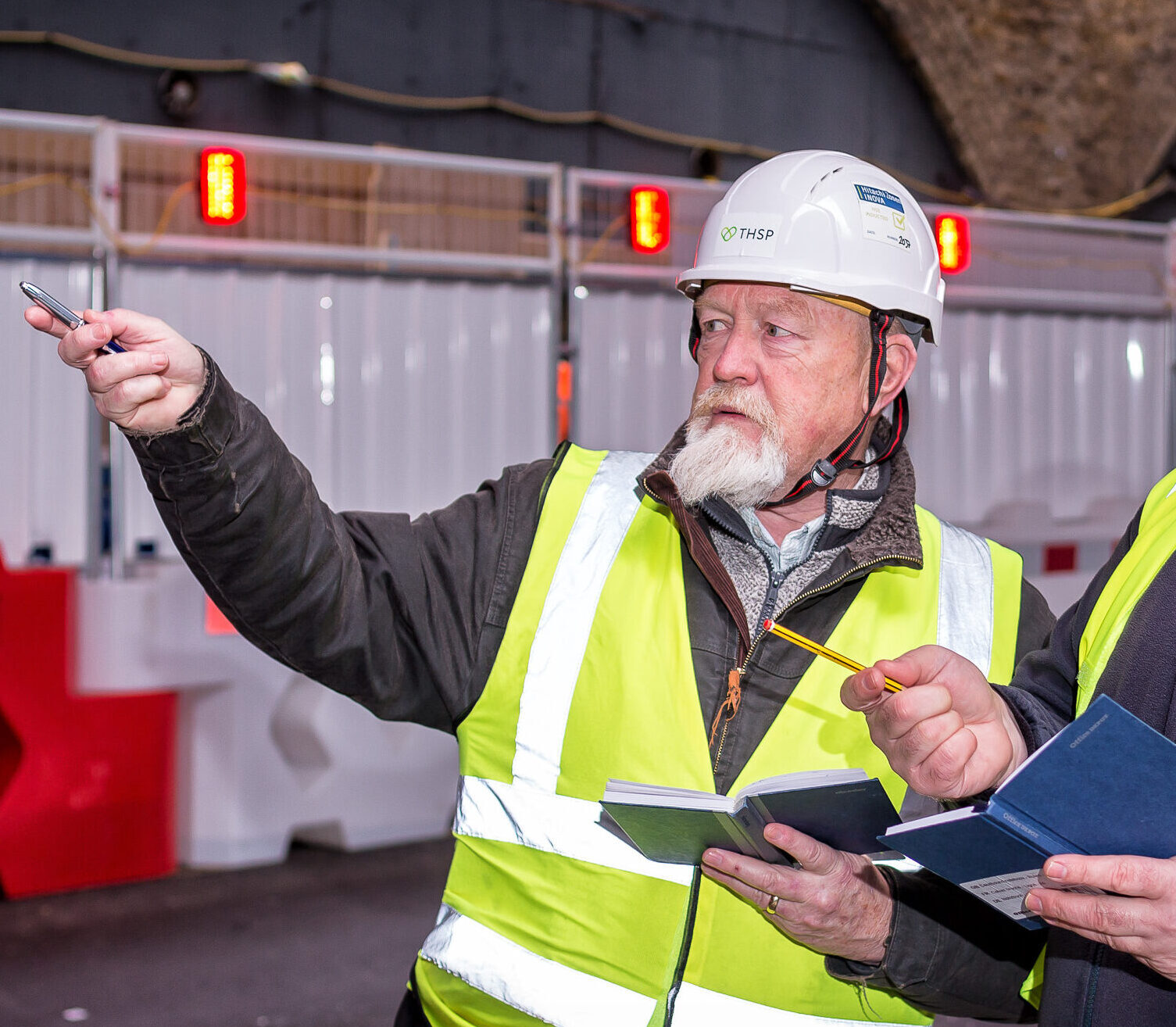
Understanding Dog Training Basics
What is Dog Training?
Dog training is the process of teaching a dog specific behaviors and tasks through the use of conditioning and reinforcement strategies. By instilling commands and behavioral cues, dog owners can enhance their pet’s obedience and adapt their actions to better fit into human environments. Effective training strengthens the bond between humans and dogs while significantly enhancing the dog’s quality of life.
Types of Dog Training Methods
There are various training methods available, each with its advantages depending on the dog’s needs and the owner’s goals. Here are some popular approaches:
- Positive Reinforcement: This method rewards desired behaviors with treats, praise, or playtime, encouraging dogs to repeat those behaviors.
- Clicker Training: Similar to positive reinforcement, this technique uses a clicker to mark the desired behavior followed by a reward, aiding in clearer communication.
- Traditional Training: This method employs corrections and discipline for undesired behaviors, though it is less favored today due to concerns regarding harsh methodology.
- Modeling: By demonstrating desired actions through other trained dogs, owners can effectively teach new commands or behaviors.
- Relationship-Based Training: This method focuses on enhancing communication and understanding of the dog’s needs, building trust and connection between the trainer and the dog.
Why Choose Professional Training?
While many dog owners attempt to train their canines independently, seeking the help of a professional can significantly improve results. Professional trainers provide expertise, tailored training plans, and structured environments that facilitate learning. They can also effectively address behavioral issues that might be challenging for inexperienced owners. For those searching for the best dog trainer Houston, the value of professional advice is immeasurable.
Evaluating the Best Dog Trainer in Houston
Signs of a Qualified Trainer
Choosing the right trainer involves assessing their qualifications and experience. Here are some critical indicators of a skilled dog trainer:
- Experience and Background: A trainer with years of experience and a solid understanding of canine behavior is more likely to provide effective training.
- Positive Reviews: Look for testimonials from previous clients. High satisfaction rates often indicate effective training methods.
- Affiliation with Professional Organizations: Membership in organizations such as the Association of Professional Dog Trainers (APDT) shows a commitment to ongoing education and best practices.
- Training Philosophy: An effective trainer utilizes humane training methods, focusing on positive reinforcement.
Key Questions to Ask
When interviewing potential trainers, it’s essential to ask specific questions to gauge their skills and methods. Here are some suggestions:
- What training methods do you primarily use?
- Can you provide references from past clients?
- How do you handle behavioral issues?
- What kind of training programs do you offer, and which would you recommend for my dog?
Understanding Training Certifications
Several organizations certify dog trainers, signifying their knowledge and skills in animal behavior and training methodologies. Credentials from recognized organizations, such as the Certification Council for Professional Dog Trainers (CCPDT), suggest that the trainer adheres to industry standards and ongoing education. Additionally, trainers should regularly refresh their skills through workshops and classes to stay current with effective techniques and methodologies.
Puptown Houston’s Unique Approach
Tailored Training Programs for Dogs
Puptown Houston stands out by offering customized training programs tailored to individual dog needs, ensuring that each program addresses specific behavioral issues while enhancing the dog’s natural abilities. Whether focusing on basic obedience, advanced skills, or behavioral corrections, Puptown Houston designs modules that can significantly vary in structure and content depending on the dog’s unique requirements.
Integrating Positive Reinforcement Techniques
The cornerstone of Puptown Houston’s training philosophy is the use of positive reinforcement techniques. This method is not only humane but also fosters a loving and respectful relationship between the trainer and the dog. By rewarding good behavior consistently, dogs learn to associate obedience with positive outcomes, which leads to better compliance over time.
Success Stories from Our Trainers
At Puptown Houston, numerous success stories reflect the effectiveness of the training programs. For example, a recent client reported that her shy rescue dog, who once hid during unfamiliar situations, is now thriving. After participating in a tailored training program focusing on socialization and confidence-building exercises, the dog’s transformation was significant – from being fearful to confidently exploring new environments.
Common Challenges in Dog Training
Addressing Behavioral Issues
Behavioral problems can vary from barking and digging to aggression and separation anxiety. Tackling these issues requires patience and a clear training strategy. Trainers must first identify the root causes of the behavior to implement appropriate solutions effectively. For instance, excessive barking might be alleviated through positive reinforcement techniques that encourage quiet behavior when appropriate.
Dealing with Fear and Anxiety
Fear-based behaviors can present unique challenges for owners and trainers alike. These behaviors may stem from early life experiences or environmental factors. To help a dog manage fear or anxiety, trainers will typically introduce gradual desensitization techniques. By exposing the dog to the fear-inducing stimulus in a controlled manner while rewarding calm behavior, trainers can help the dog build confidence over time.
Tips for Consistent Training at Home
Consistency is key when it comes to reinforcing training lessons at home. Here are some essential tips:
- Regular Training Sessions: Keep training sessions short but frequent, establishing a routine to promote learning.
- Use Consistent Commands: Employ the same words and phrases for commands to avoid confusion.
- Reward Immediately: Provide rewards promptly after a desired behavior to establish a clear connection between the action and the reward.
Getting Started with Puptown Houston
Initial Consultation Expectations
When starting training with Puptown Houston, clients can expect a thorough initial consultation. This session allows trainers to assess the dog’s behavior, discuss the owner’s goals, and establish a training plan tailored to the dog’s specific needs. It’s a critical step in aligning the trainer’s approach with the owner’s objectives.
Choosing the Right Training Package
With various training packages available at Puptown Houston, it’s essential for owners to choose one that best aligns with their goals and schedules. Whether opting for private sessions, group classes, or day training, the focus remains on delivering effective outcomes in a friendly and supportive environment.
Maintaining Results Beyond Training
Post-training maintenance is crucial for long-term success. Owners are encouraged to continue practicing skills learned during training, reinforcing good behavior, and staying connected. Regular interactions and activities that promote engagement can significantly enhance the relationship between the owner and dog, ensuring that training results are maintained over time.






